To date, FIS has commissioned more than 30 unique research projects, national fisheries conferences and travel bursaries.
OUR PROJECTS
FIS has an impressive track record of bringing people together to understand problems
and trial solutions to support prosperous, sustainable fisheries in Scotland and the UK.
FIS projects are categorised by research topics and FIS project codes.
Not sure what you are looking for?
Click a topic you are interested in, and the associated projects will appear. Or, if you know the
FIS project code, place it into the search function below to find it immediately.
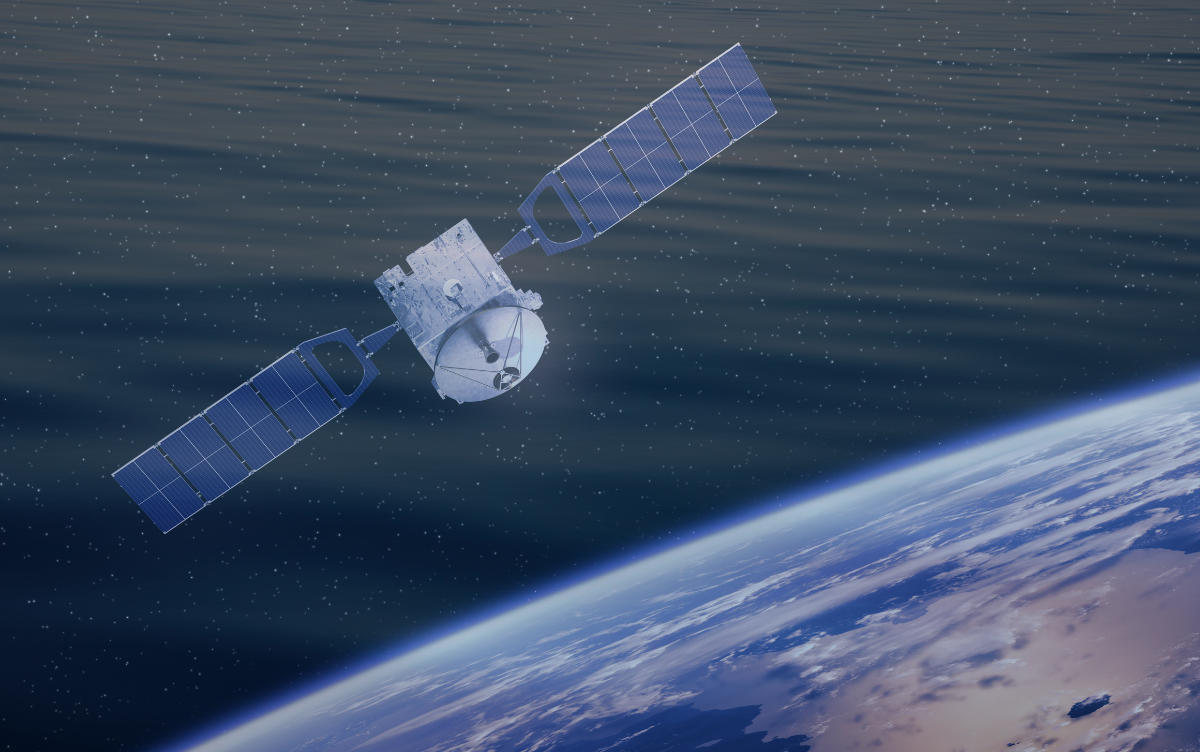
A practical review of satellite technology opportunities for Scottish fisheries (FIS037)
We believe that satellite-based technology can have a transformative impact on Scottish seafood. This project provides an overview of how space innovation can support Scottish fisheries.
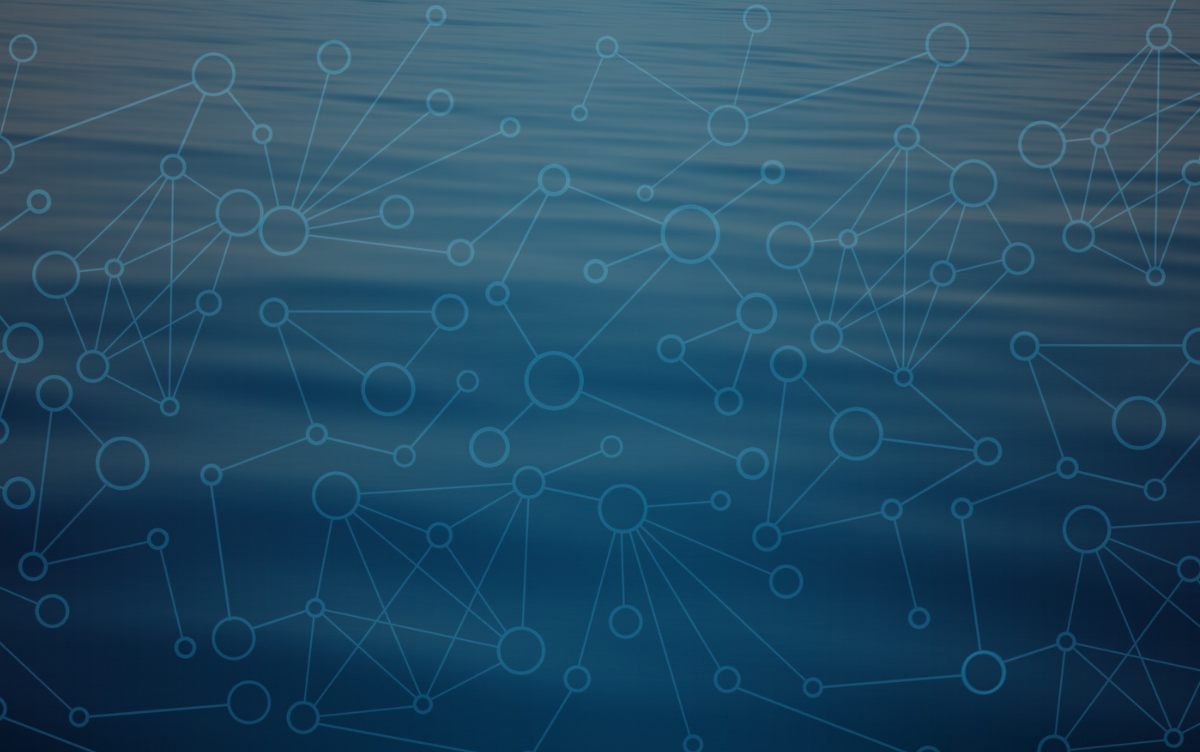
A digitalisation roadmap for Scotland’s fisheries (FIS036)
This project audits the Scottish fishing fleet’s current and future digital capabilities, and looks for opportunities learned within other sectors in order to support FIS in identifying practical, innovative projects.
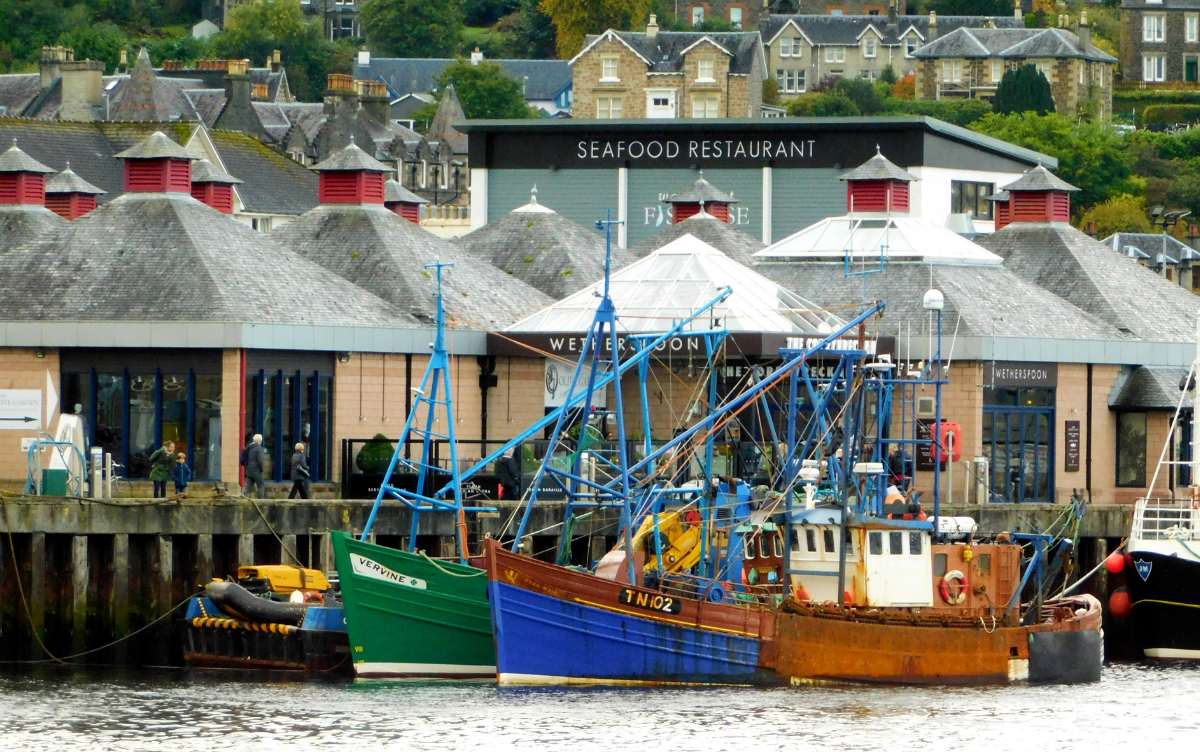
Understanding greenhouse gas emissions from Scottish fishing vessels (FIS035)
Responding to the need to combat greenhouse gas emissions across all industries, FIS explores practical steps to address emission issues from each fleet segment in Scottish fishing.
FIS Study Bursary (FIS033)
We believe that by investing in people, we can build capacity and release untapped potential in Scottish fishing communities and organisations. During Kate's trip to Harvard Business School she explores various challenges around innovation and Scottish fishing.

Real-time reporting app to avoid unwanted catches (FIS032)
Following the European Union’s zero-catch advice for cod and whiting on the west coast due to a decline in stocks, this project trials fishermen on the west coast of Scotland trial state-of-the-art technology with fishermen on the west coast of Scotland to avoid unwanted catches of these species.
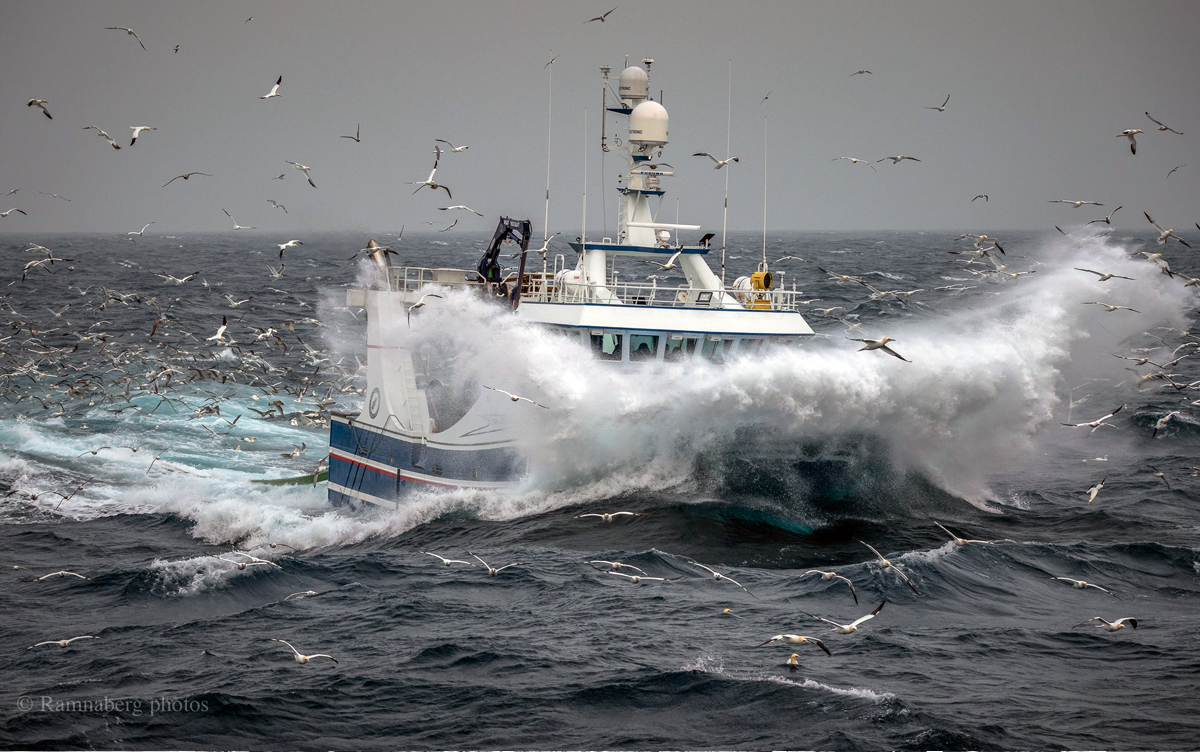
Fishing strategies to manage benthic footprint (FIS026)
This project provides a better understanding of the tools available to manage seabed impact, and examines how species distribution across habitat type can be used by both managers and the fishing industry to target management to reduce benthic impact in Scottish waters.
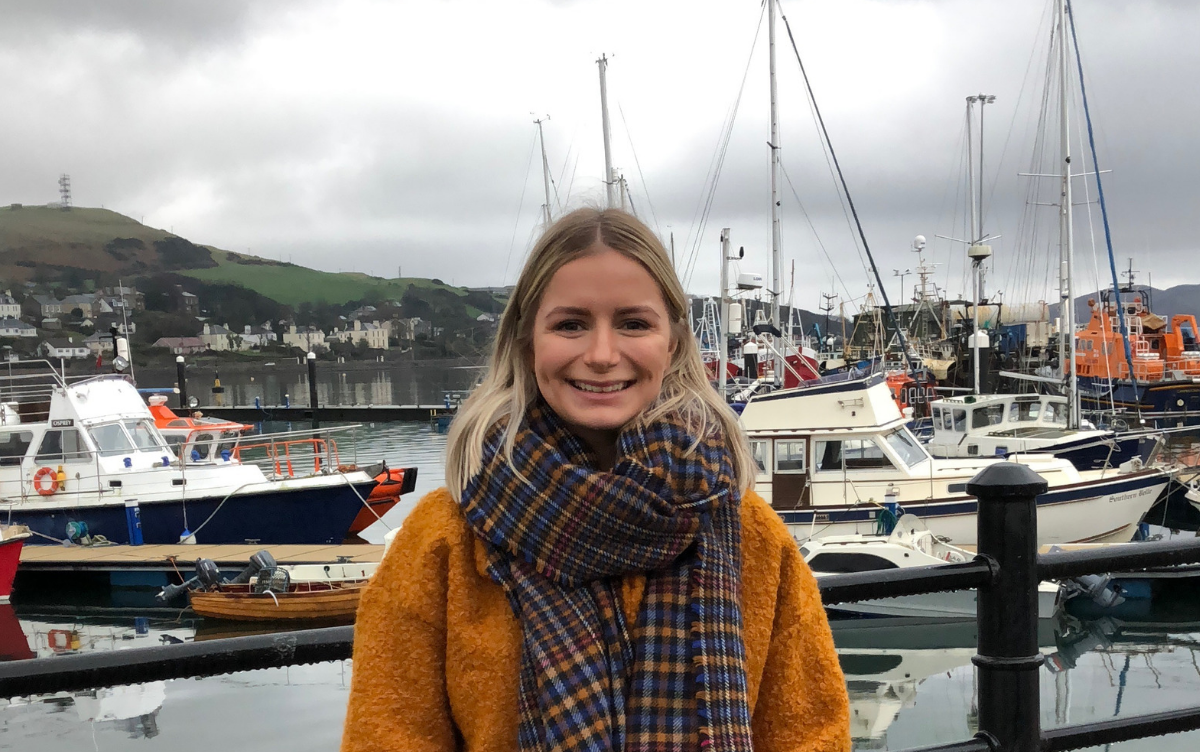
2019 Fisheries Travel Bursary (FIS031)
In July 2019, Nicole Anderson from the Clyde Fishermen's Trust travelled to Maine, USA, to meet with the Maine Coast Fishermen’s Association (MCFA), the Maine Centre for Coastal Fisheries, and the Maine Lobster Festival.
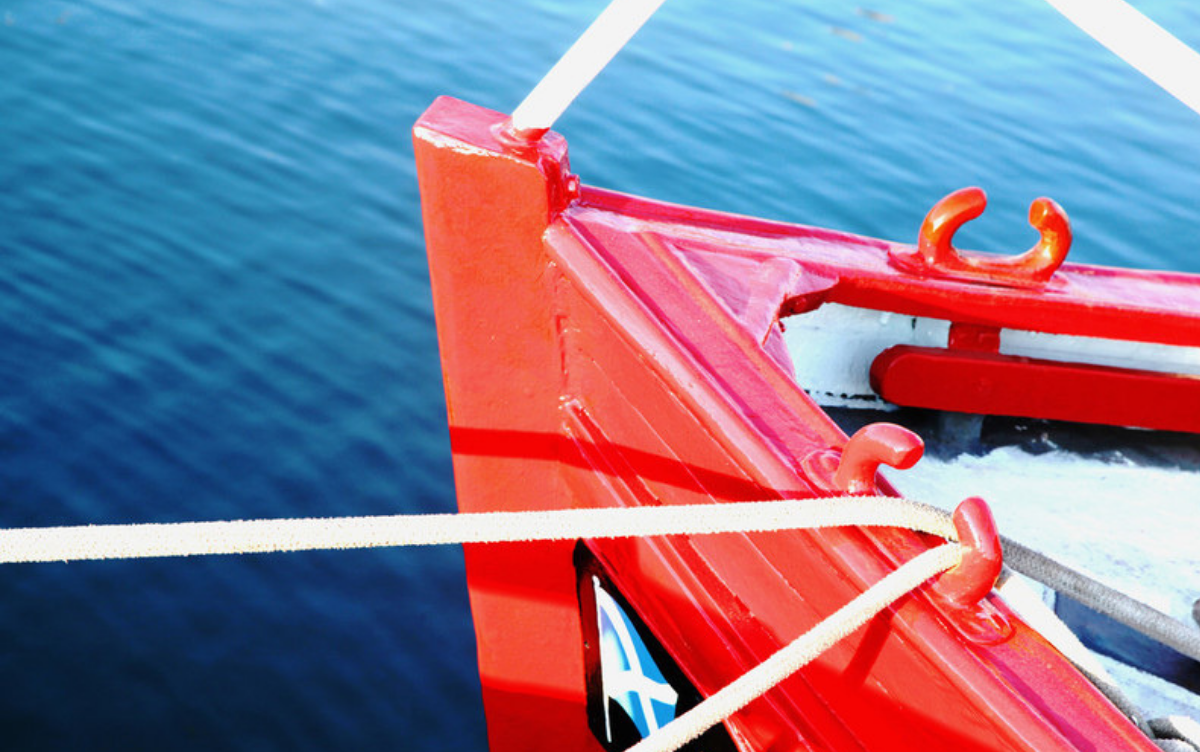
Evaluation of effectiveness of FIS research (FIS029)
All FIS research goes through a robust peer review process to ensure it is scientifically valid. However, it can take longer to understand how our projects make a positive impact ‘on the water’. This project reviews the effectiveness of FIS research, in order to improve our work in supporting a prosperous, sustainable fishing industry.

Scottish Fishing Conference 2018 (FIS021)
The 2018 Scottish Fishing Conference sought to share knowledge from different sectors to inform future management. Drawing on a wide range of perspectives, the conference materials outline the importance of sustainability in the industry and how this might be achieved. Presentations and interviews from the event are available, providing a great resource on effective fisheries management.
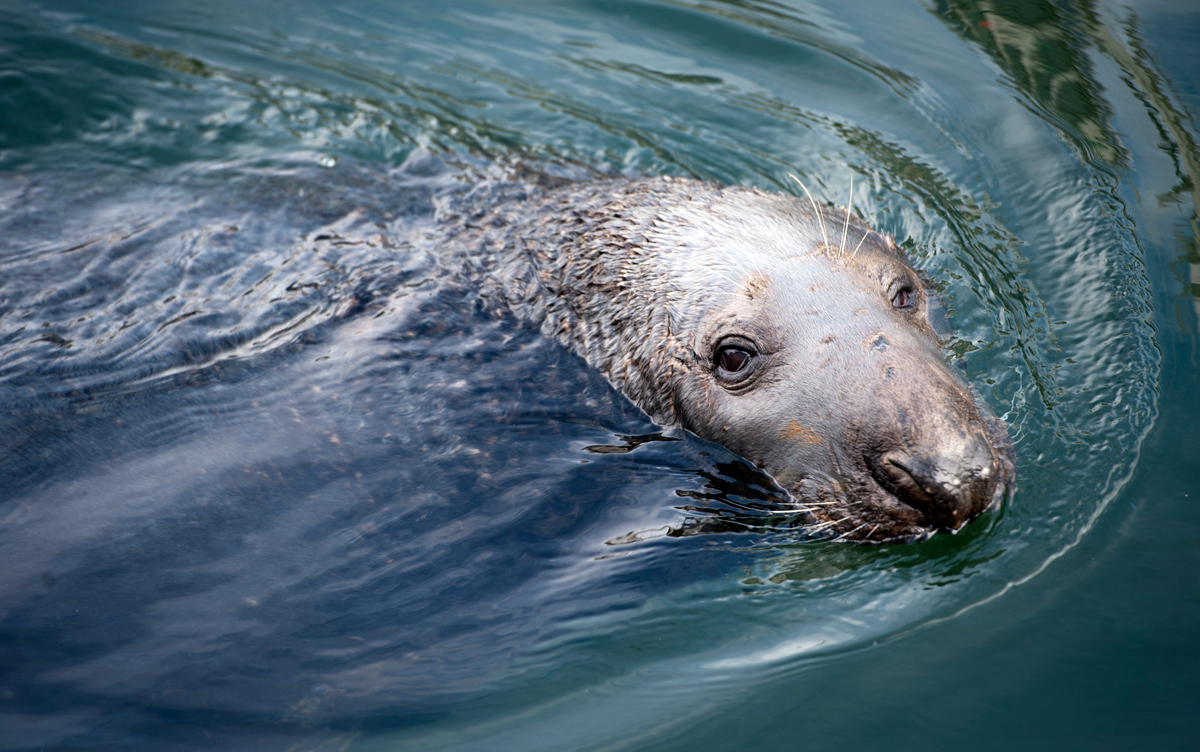
Ecosystems: predator / prey interactions (FIS013)
Ecosystem approaches enable fisheries to be sustainably managed by recognising both the complex interactions between species and the effects of disrupting them. This project tailors FAO guidance on ecosystem approaches to Scottish fisheries. The main focus is balanced harvesting, which distributes a moderate level of mortality across many species (rather than high mortality of a few species).
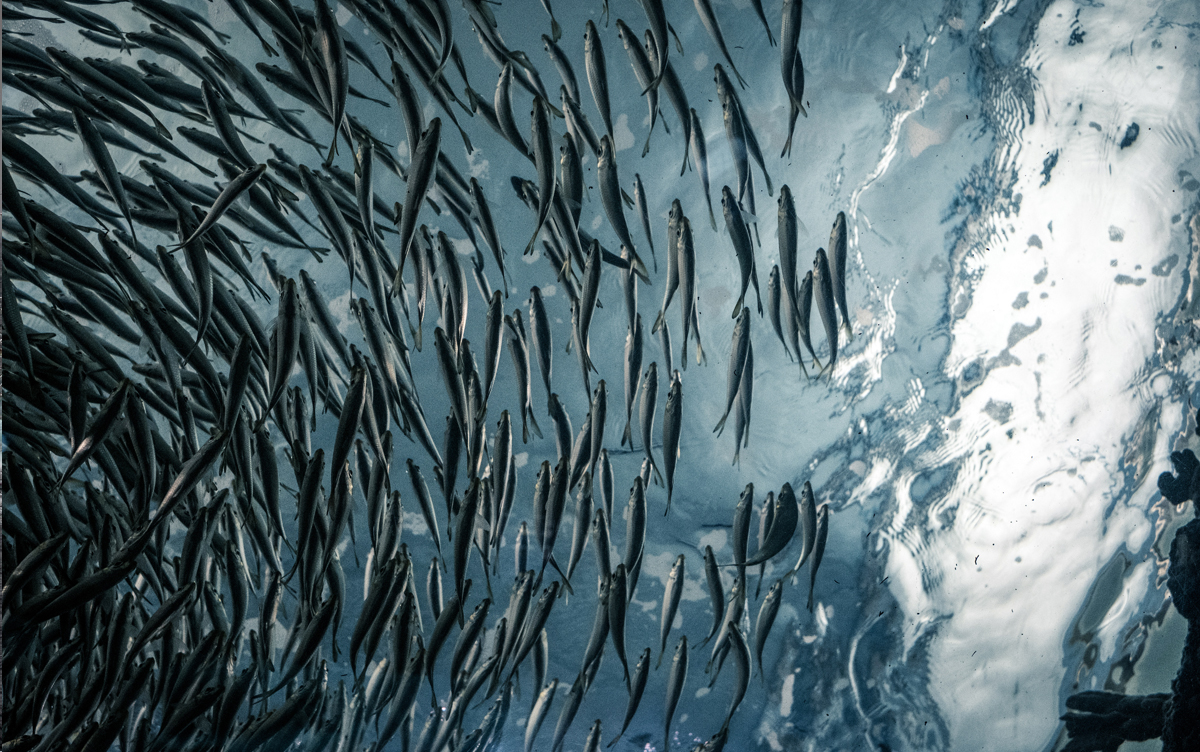
Workshop on fisheries resilience to climate change (FIS028)
Climate-related impacts on the growth of fish and distribution of fish stocks is an important issue for Scottish fisheries. FIS commissioned a 5-day international workshop with global experts, plus a public event with talks from fishermen, to explore what we know now, and what we need to understand, to help Scottish fishing businesses adapt to climate change.
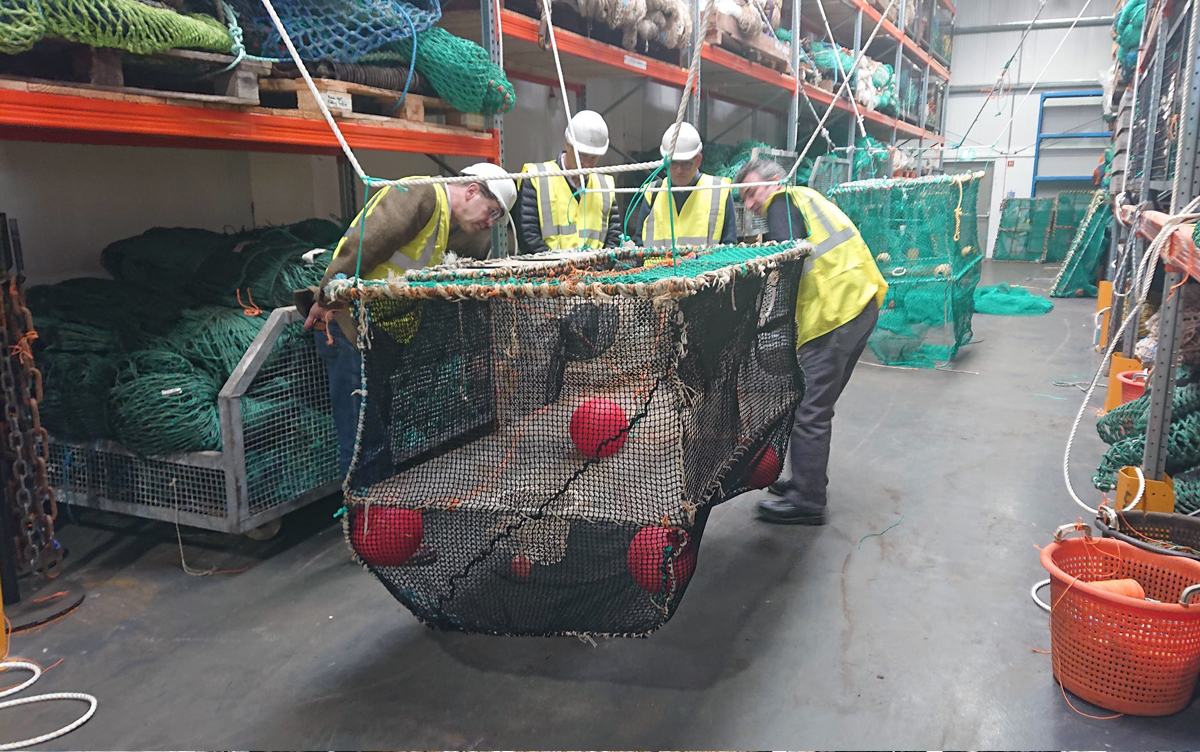
Novel approaches to trapping: fishing and surveying (FIS025)
This project investigates the potential for a whitefish trap fishery to the West of Scotland. At-sea deployment of newly designed gear will trial the use of baited fish traps at depth as a novel way to harvest whitefish. The research asks how this might be achieved on a commercial scale and whether the approach could be used to survey whitefish stocks.
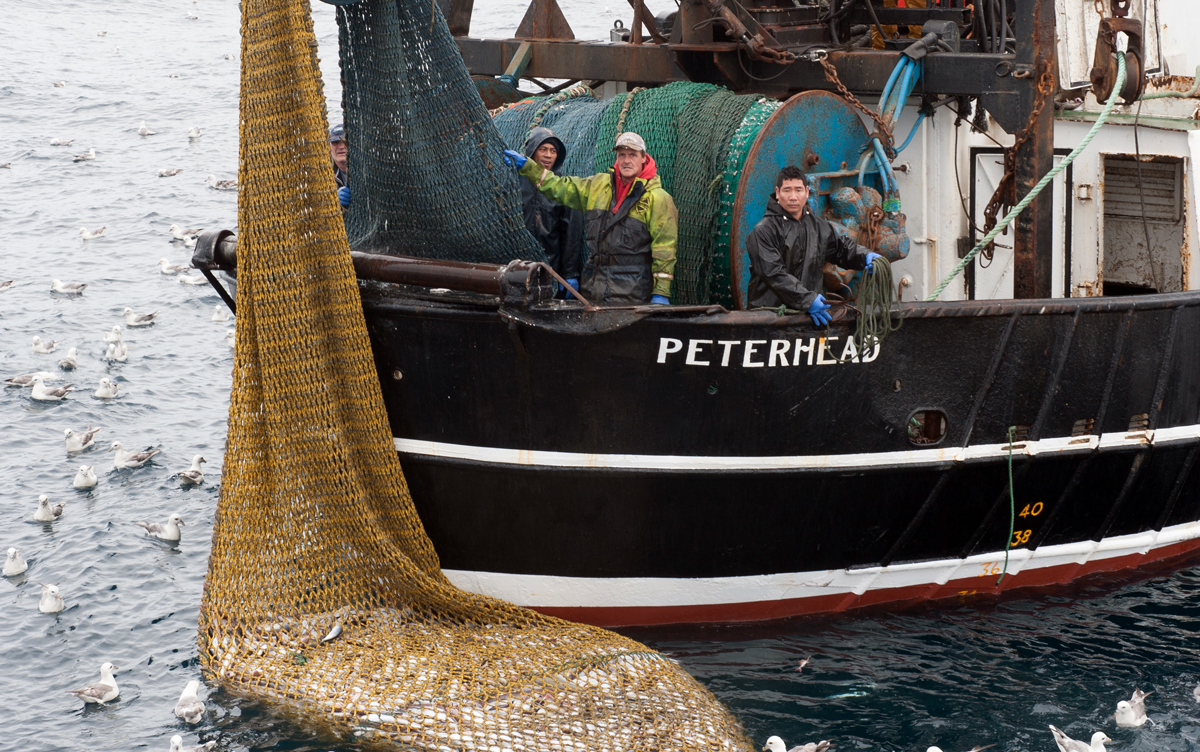
Smartrawl: In-water improvements in selectivity (FIS024/FIS034)
This project explores the next steps in intelligent fishing, developing and testing at sea novel technologies to allow in-water identification and grading of fish by species and size.
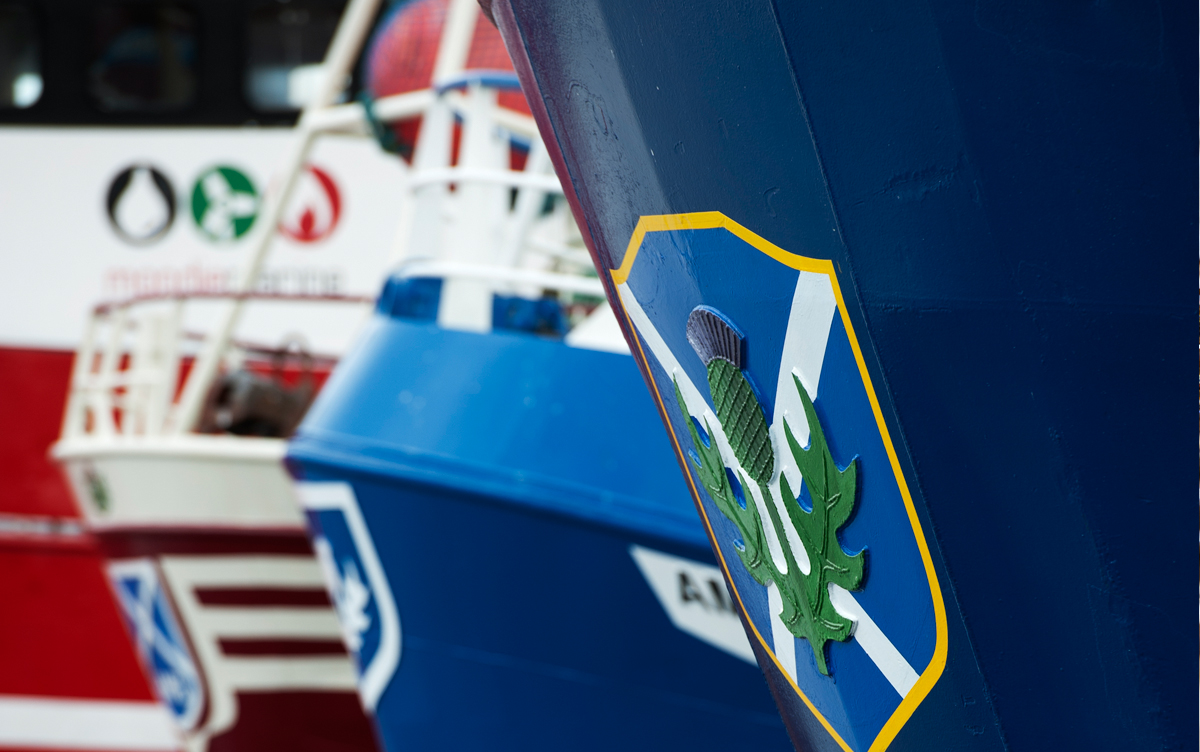
Industry self-sampling pilot (FIS020)
Using data collected by fishers on deck can help inform management and increase trust in stock assessments. This project reviews the efficacy of self-sampling schemes and the opportunities for such programmes in Scotland. While pelagic fisheries are at the centre of the project, there is potential to apply the approach to other sectors of the fishing industry. Winner of the 2019 Sustainability Award from Fishing News.
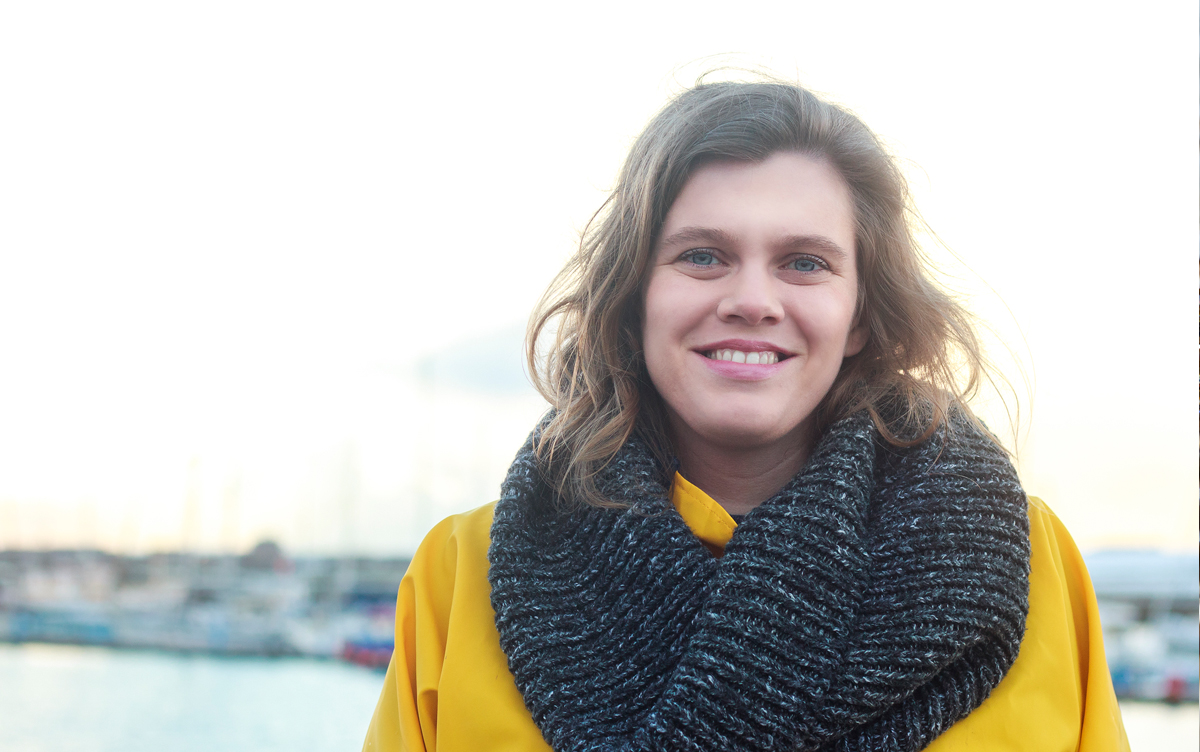
2018 Fisheries Travel Bursary (FIS019)
There will always be a lot to learn from fishing practices in other countries. In 2018, Hannah Fennel travelled to Denmark to explore how the local fishing industry builds and maintains good relationships. On Hannah's trip, she learns all about the Danish fishing industry, describing how collaborations are forged and how conflict is mitigated. This knowledge could be harnessed to build and maintain strong relationships across different sectors in Scotland.
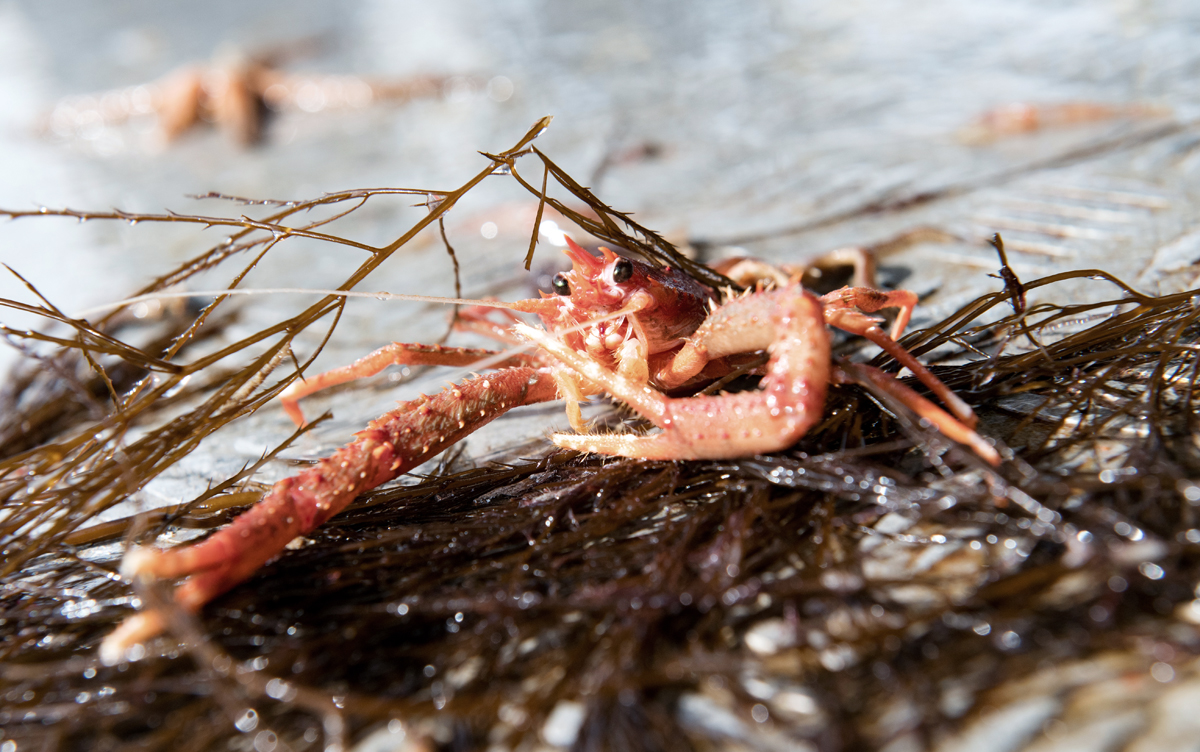
Post-catch survivability of discarded Norway lobsters (FIS015)
Some species have high survival post-catch, so can be granted an exemption from the Landing Obligation. If they survive being caught, landing such species would increase fishing mortality without benefit to stock conservation. This project explores whether Nephrops are eligible for such an exemption through trials within the large-scale fleet.
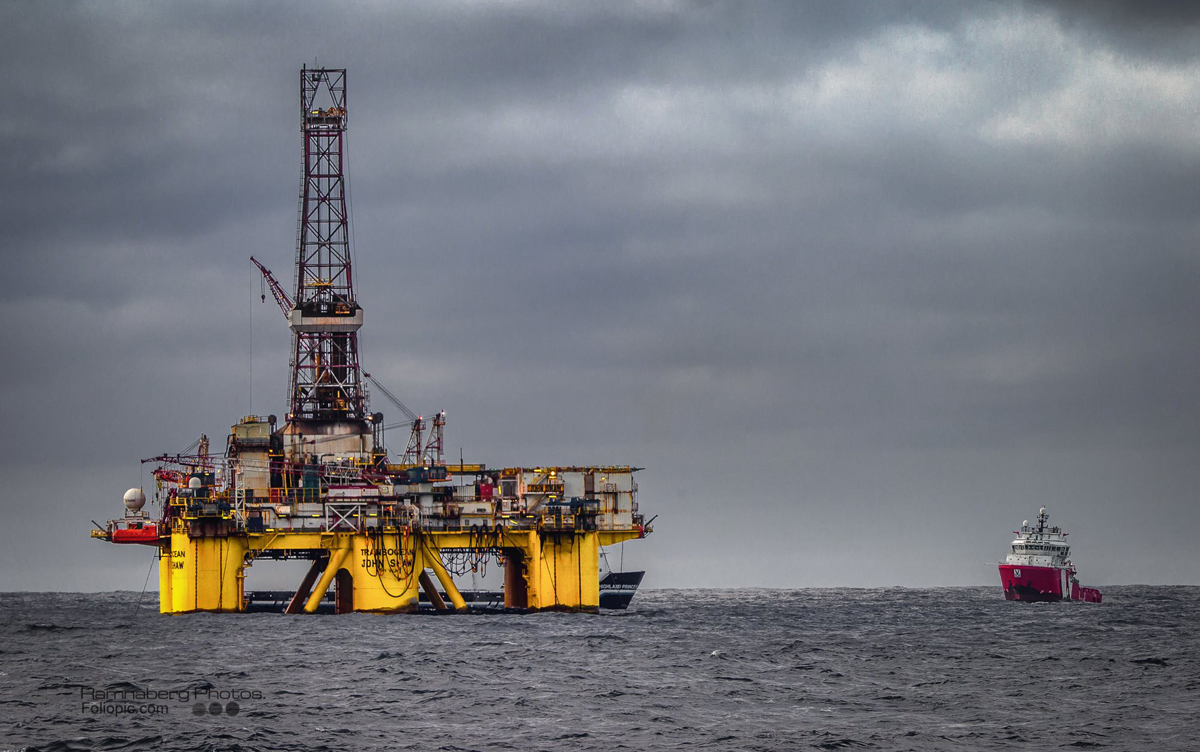
Fisheries management in the context of shared seas (FIS014)
This project identifies effective ways to manage a shared resource, drawing on knowledge from a range of regions and countries. With a focus on interactions between Marine Protected Areas and fisheries, the project identifies how better collaboration, conflict mitigation and communication can be achieved.

An economic analysis of quota allocation under a landing
obligation (FIS012B)
This research identifies issues for Scottish vessels in complying with the Landing Obligation and outlines possible solutions to potential problems. Economic analyses point to national quota allocation and a streamlining of the reallocation process. The work also outlines potential funding opportunities and plans for future research.
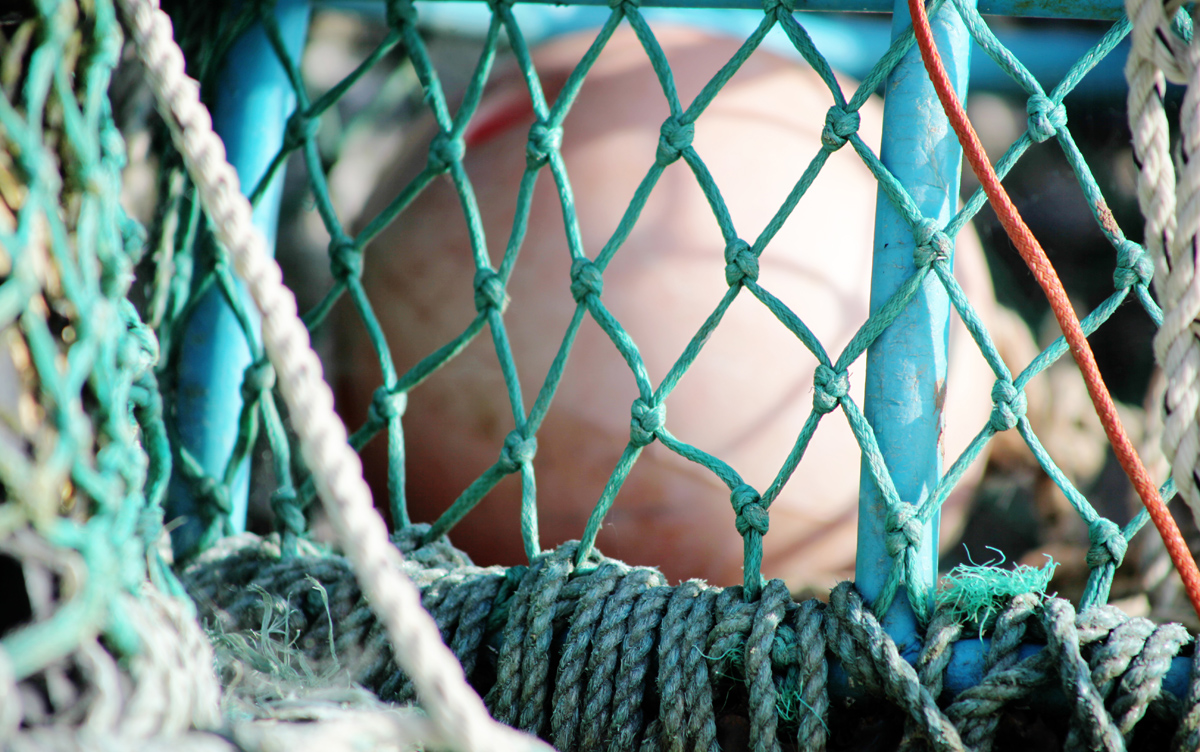
Quota management and choke species under the landing obligation (FIS012A)
This research evaluates the potential to balance fishing opportunities with catches in the North Sea. The work highlights that Total Allowable Catch contributes to a number of choke species issues and identifies a need for alternative risk-based approaches when managing fishing quota.
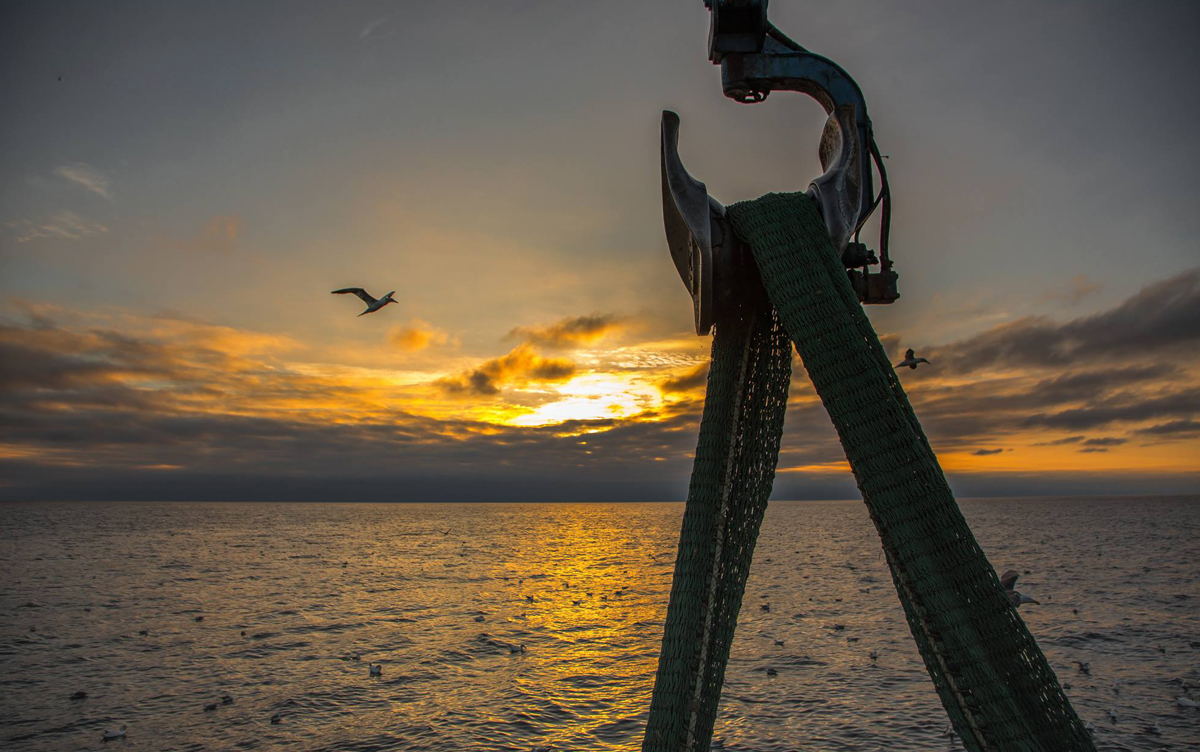
SMARTFISH Selective retention (FIS011B)
Both spatial selectivity and gear selectivity can help vessels comply with the Landing Obligation. Real-time information flow within the fishing industry helps fishers identify areas to avoid and, in combination, SmartTrawl technology helps ensure the target species are selected. This project demonstrates how these strategies could be implemented in the Scottish demersal industry. See also FIS024.
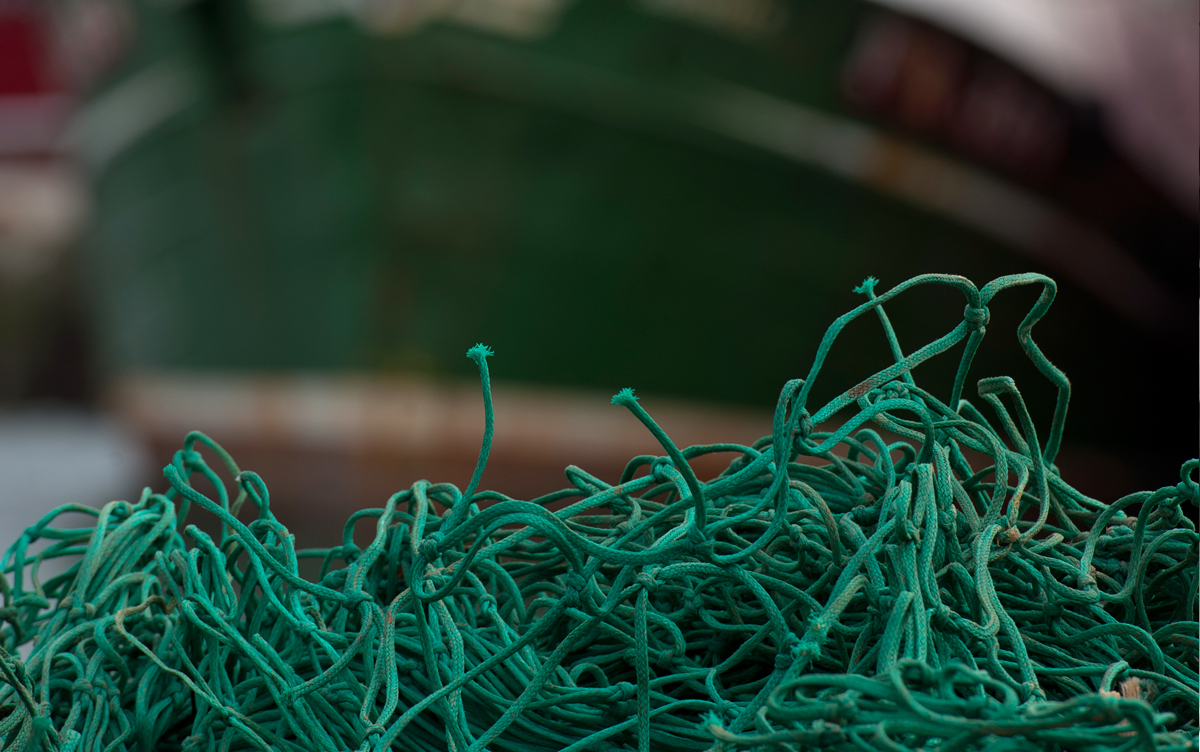
Innovation in Scottish governance & management (FIS010)
This project investigates stakeholder engagement and participation in Scotland’s marine fishing industry. By exploring current engagement processes at home and overseas, the project outlines several points for best practice. At its core is an approach that is inclusive and integrates local knowledge.
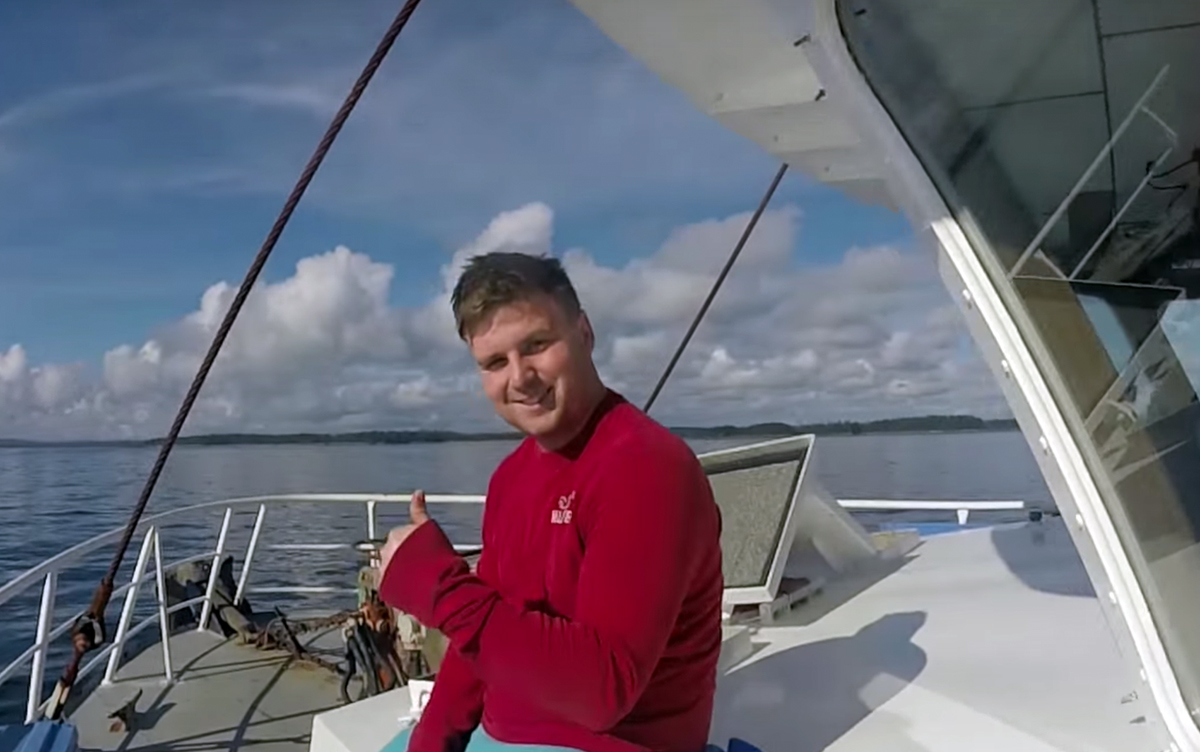
International Exchange Project 2015 (FIS009)
The FIS International Travel Bursary sent two young Scottish skippers on a study trip to British Columbia for three weeks. Their itinerary included observing different types of commercial fishing and participating in fisheries management meetings. The pair sought to compare and contrast fishing activity and management processes abroad with those in Scotland.
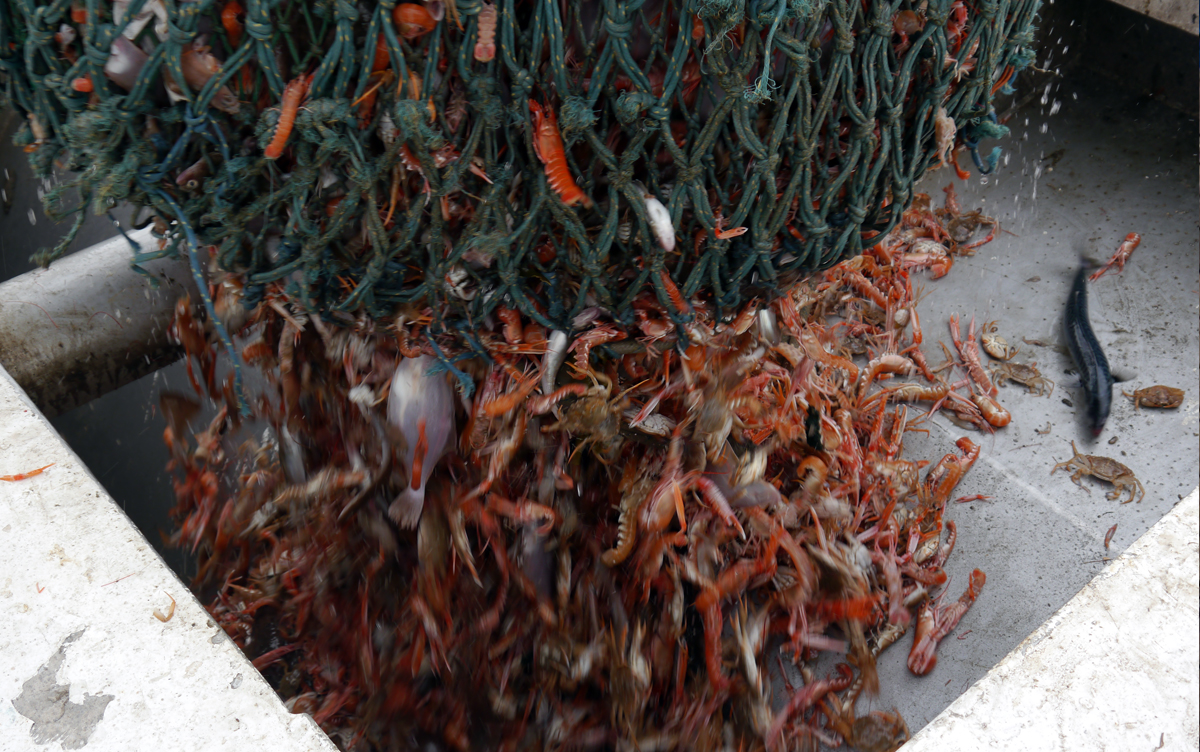
Post-catch survivability of under-sized Norway lobster (Nephrops norvegicus) (FIS007)
This research explores how likely Nephrops are to survive capture and subsequent discard by a typical Clyde trawler. While damaged or infected animals are less likely to survive, the majority of discarded individuals survive after capture. 95% of discarded Nephrops are still alive after 48 hours of recovery.
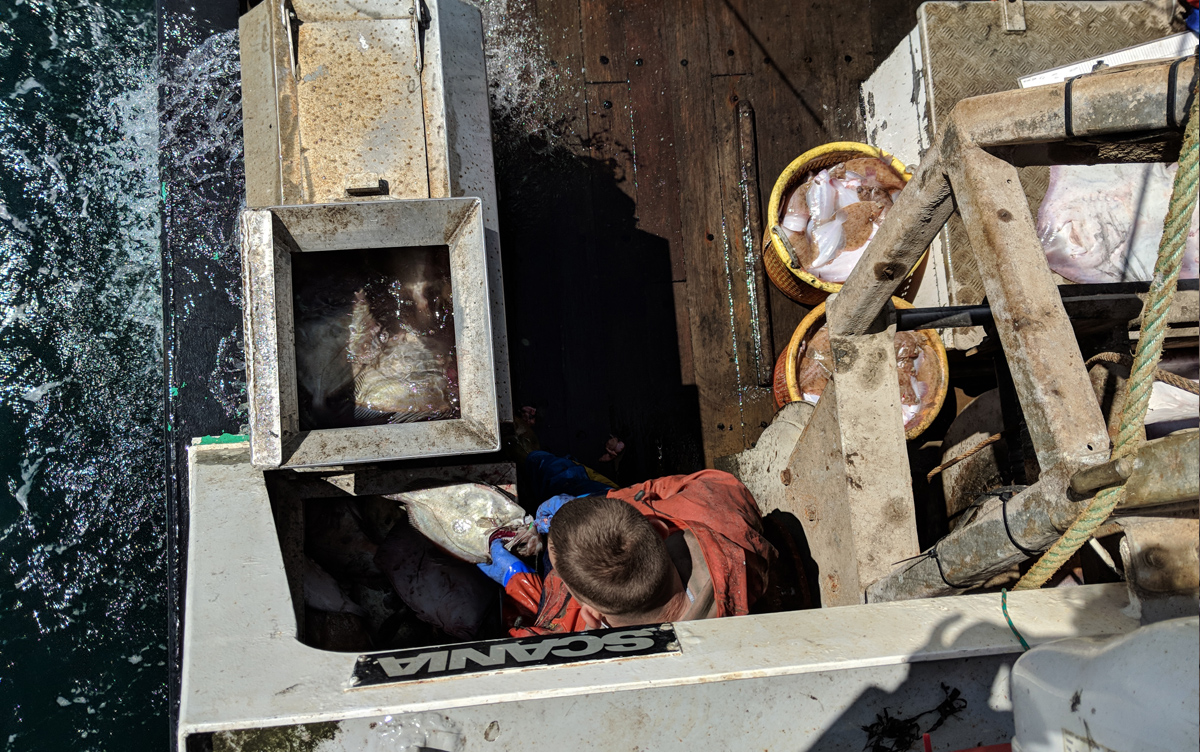
Reconsideration of European relative stability quota shares and implications for the landings obligation (FIS005)
This project investigates whether the distributions of fish and fishing effort have changed since quota shares were assigned. The work reveals that stock distributions have changed significantly, generally migrating north. Stock distribution is markedly different from quota distribution, especially for countries in the North Sea.
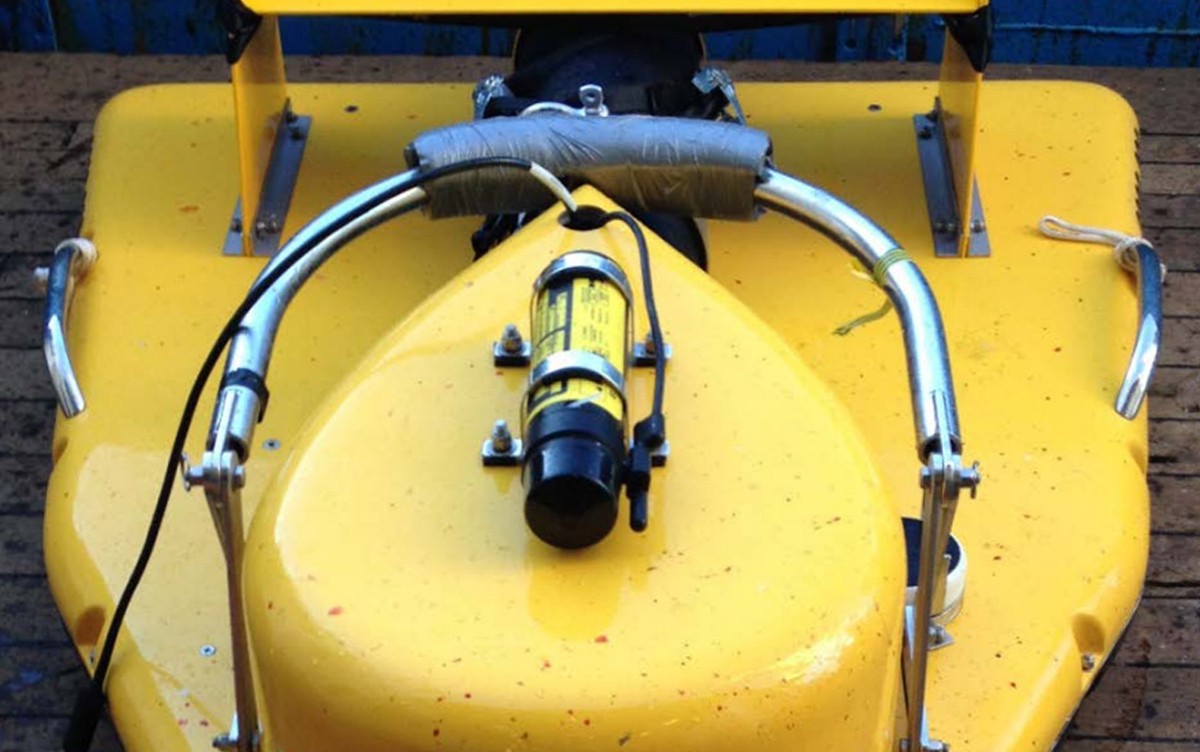
Slippage mitigation and acoustic characterisation (FIS004)
With a focus on the Scottish mackerel fishing fleet, this research explores how acoustic technology can help determine fish size before capture. Such approaches can help vessels comply with the LO by avoiding slippage, the practice of releasing smaller caught fish back into the water.
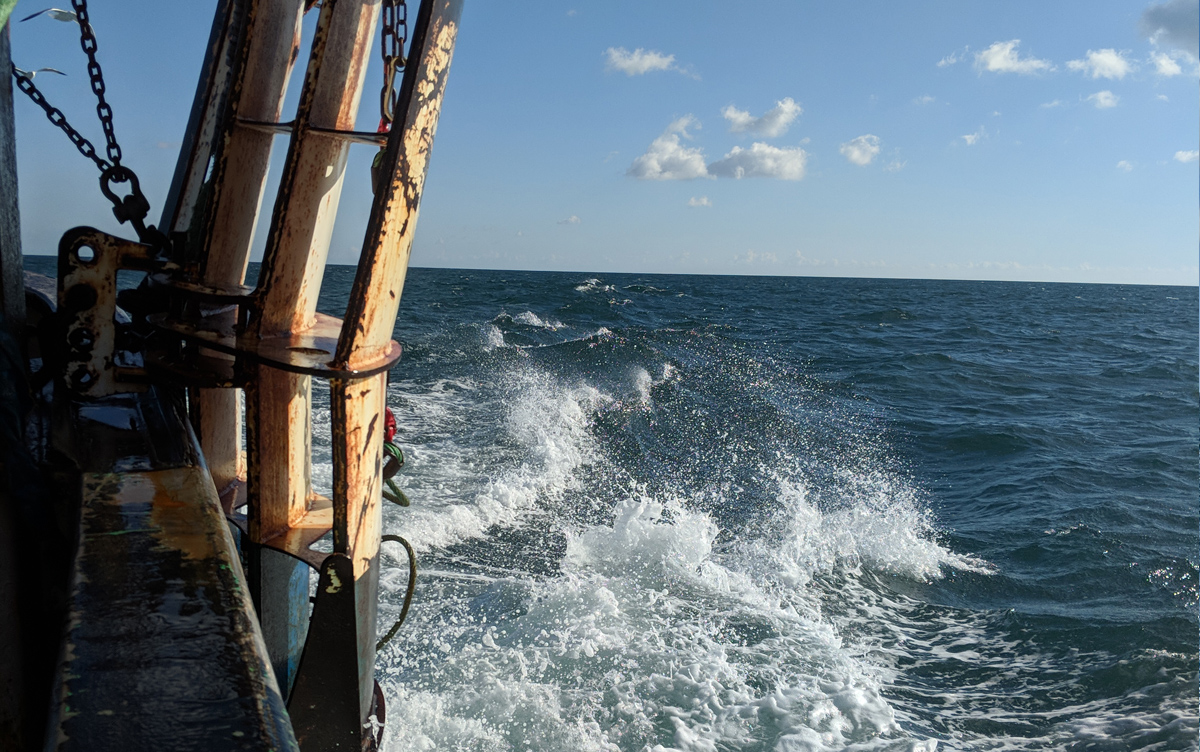
Modelling the whole-ecosystem impacts of trawling (FIS003)
Trawling impacts marine ecosystems through disturbing sediment and removing fish. This work assesses which of these impacts has the greatest consequences for the marine environment. The work reveals that seabed ploughing generally has small effects compared to harvesting fish, but may have larger impacts locally.
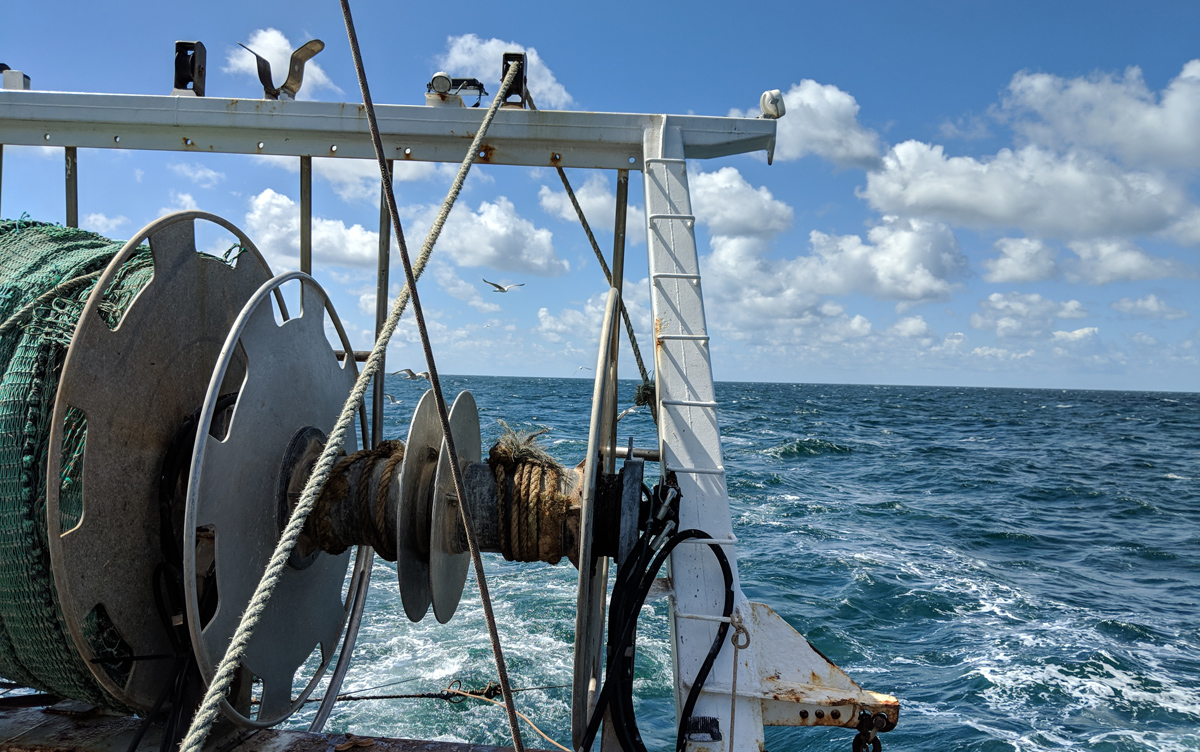
Modelling the physical impact of demersal fishing gears on the seabed (FIS002)
This project assesses the physical impact of trawl gear on the seabed through modelling and trials at sea. The model quantifies the physical impacts of Scottish demersal whitefish and Nephrops fleets and predicts their ecological and environmental impacts. The findings provide management tools for more environmentally-conscious fishing.

A review of the status of Scotland's capture fisheries and research and innovation projects highlighting knowledge gaps and data resources (FIS001)
This review assesses what has been done and where the knowledge gaps are in Scottish fisheries research. The review draws on examples from around the world to inform likely effectiveness of future research and sets priorities for Scotland.
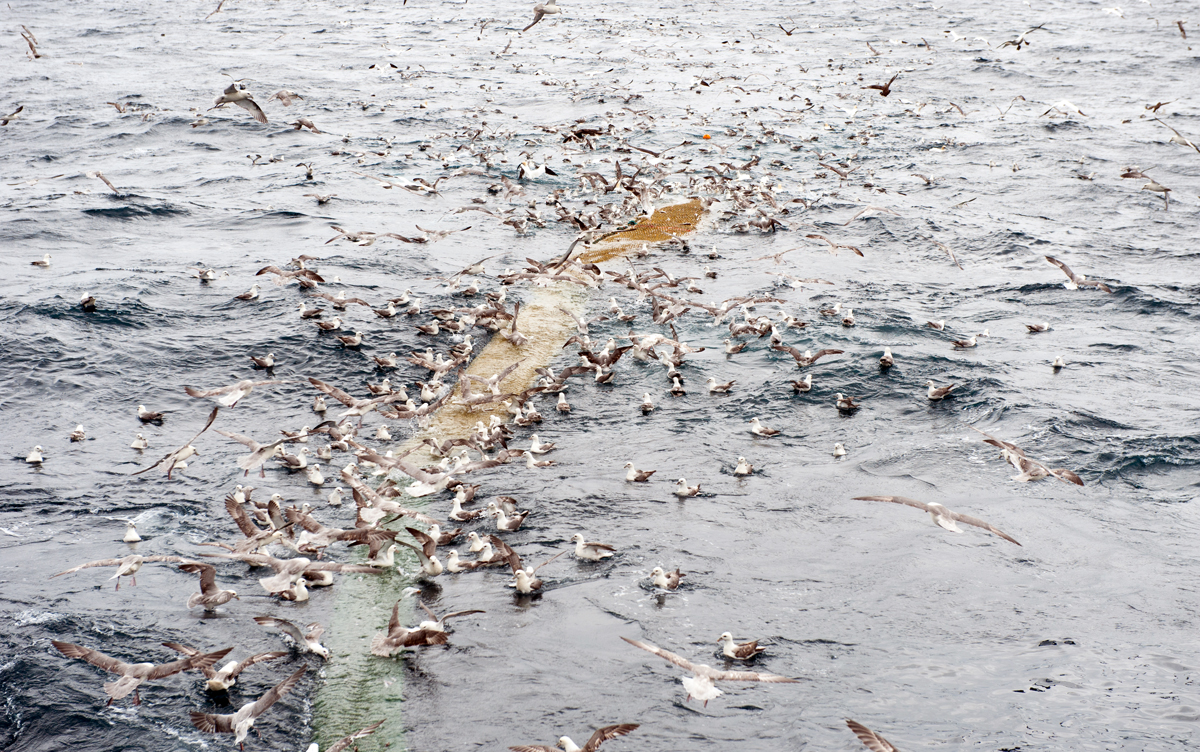
Mapping and modelling the incentives for a Landing Obligation in demersal fisheries (FIS006)
To help fishers comply with the Landing Obligation, the right incentives need to be in place. This project maps the incentives for catching, retaining and landing different species and predicts fishers’ behavioural responses to them. The study shows that discarding needs to be perceived as a costly activity in order for the Landing Obligation to be effectively enforced.
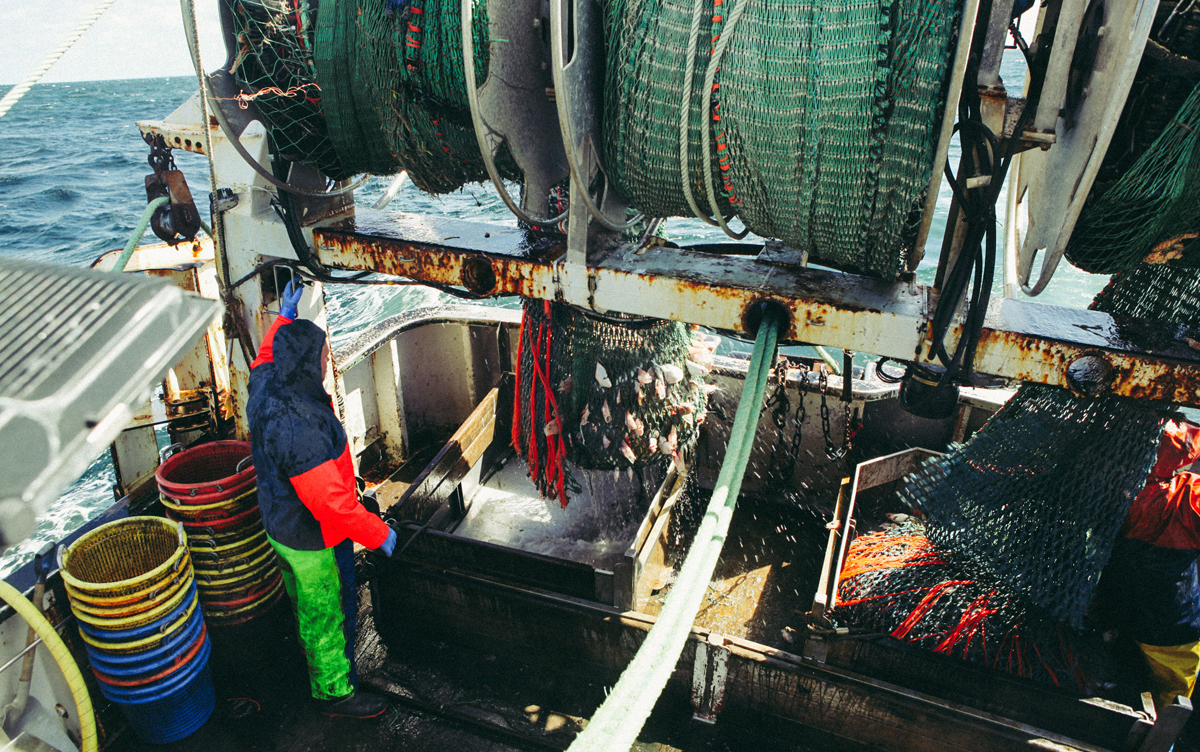
Innovation in selectivity (FIS011A)
In preparation for the implementation of the Landing Obligation, this project provides a framework for improving selectivity for the Scottish fishing fleet. The project reviews current knowledge in the sector and identifies innovations from other disciplines that could be applied to fisheries.


